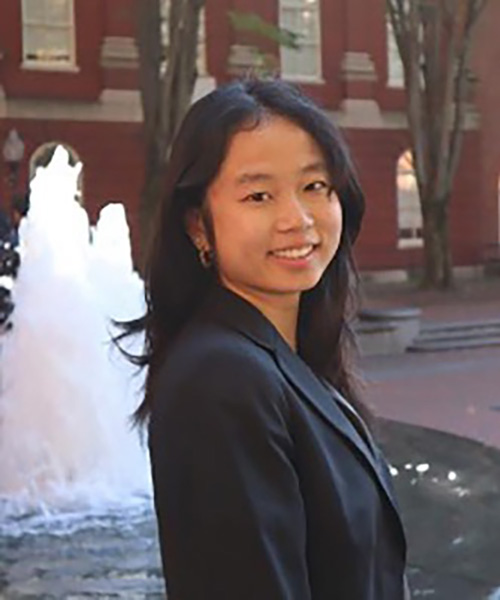
Beyond the Headlines: Bridging Divides through Dialogue
Zifei Zhao | May 15, 2025
Responding To: Georgetown Students Reflect on Virtual Exchanges with Tsinghua University
Raghav Akula
If the U.S.-China Student Dialogue taught me one thing, it is that we sorely, sorely need more of them. Despite seemingly shared goals, our conversations revealed deeper differences than many in the United States might anticipate. One of the most striking differences was how students from each country perceived national security. Security concerns consistently dominated the American viewpoint, especially given the context of the new Trump administration. Yet Tsinghua University students rarely seemed to reciprocate and sometimes appeared puzzled by our persistent security framing of global issues.
This fundamental divergence in logic was intriguing—not because either perspective was inherently "wrong," but precisely because each side’s foundational assumptions were so different. The rhetoric that many Chinese students used when discussing climate change and artificial intelligence—that they were global, collective problems that required global, collective action—was exactly what I wish our countries would always use in these types of dialogues. But as we quickly saw, rhetoric is only as good as the actions that follow it.
Regarding climate change, students on both sides generally recognized each other’s limitations. One Chinese student remarked that compared to the United States, “at least China believes in climate,”—a point I will readily concede. The United States has a broadly counterproductive stance when it comes to climate change, but regardless of administration, we recognized that both sides often approach climate from a security viewpoint. China may be the undisputed leader in clean energy generation, but from what I was able to tell from the Tsinghua students, they acknowledged that China has generously funded coal domestically for energy security purposes and has not always faced the best reception of their overseas energy investments, both financially and diplomatically.
At one point, we offered to answer any questions the Tsinghua students had about the Trump administration and its trade goals, and they expressed confusion over its policies. Here, we reached a surprising consensus because the Georgetown students were similarly confused by some of President Trump’s policies. However, divisions persisted on other geopolitical issues. Some Chinese students disagreed over how much China supported Russia in the latter’s war on Ukraine, and predictably, the only agreement over Taiwan was the shared desire to avoid conflict.
From a logistical perspective, the dialogues themselves presented some hurdles. Conducting sensitive discussions via Zoom inherently limited candidness compared to in-person interactions. Language barriers further complicated dialogue, as I somewhat shamefully expected the Chinese students to communicate with us in standard English without being able to reciprocate with Mandarin. Lastly, there was a notable difference in how open the two sides were in discussing and criticizing the actions of their respective governments.
The takeaway from these discussions: We, as nations, clearly do not have enough of them. It is one thing to quarrel diplomatically or economically, but entirely another to disagree on the fundamental frameworks we use to approach issues. In high-stakes great power dynamics, we have no excuse for not striving to understand each other, and I believe that dialogues like these hold the greatest potential to prevent crises born from misunderstanding and distrust.
Raghav Akula (SFS’27) is a student at Georgetown University majoring in science, technology, and international affairs with a certificate in diplomatic studies.

Zifei Zhao | May 15, 2025
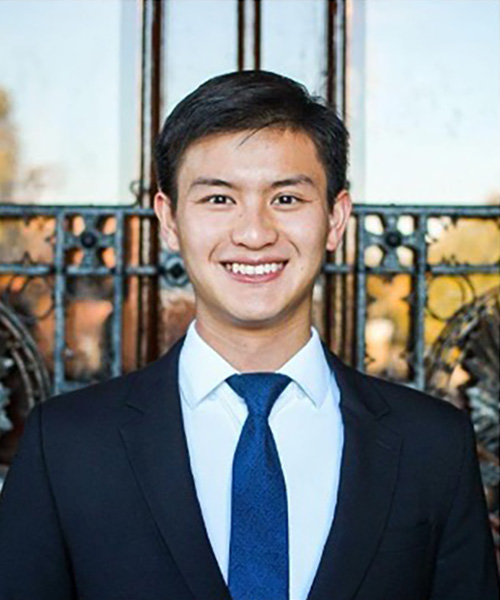
Bennie Chang | May 15, 2025

Aanika Veedon | May 15, 2025

Luke Hughes | May 15, 2025
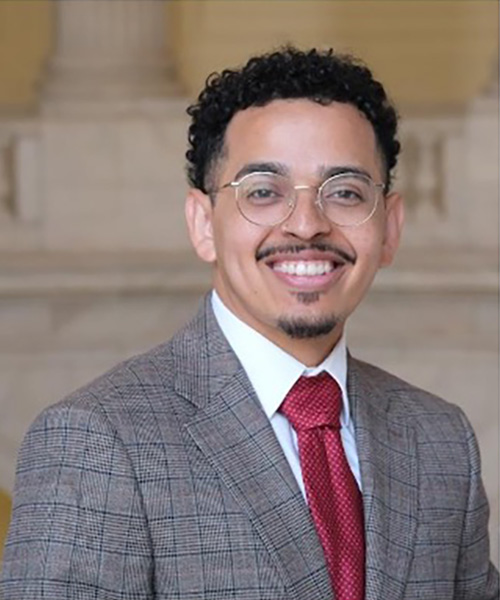
Daniel Castro Bonilla | May 14, 2025

Emmy Ekstrand | May 14, 2025

Isabella Stratta | May 14, 2025

Lam Tran | May 14, 2025
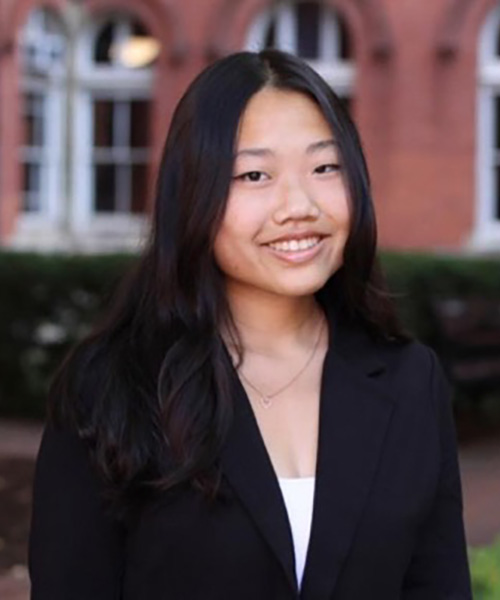
Maggie Yang | May 14, 2025

Tiffany Cowan | May 14, 2025

Drew Zacharias | May 14, 2025
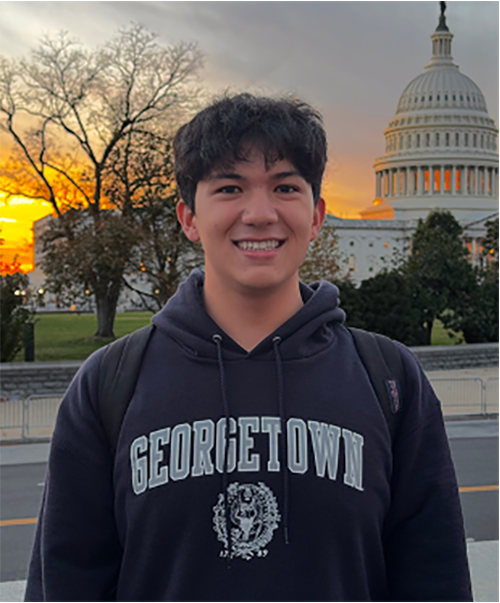
Patrick Coggin | May 14, 2025